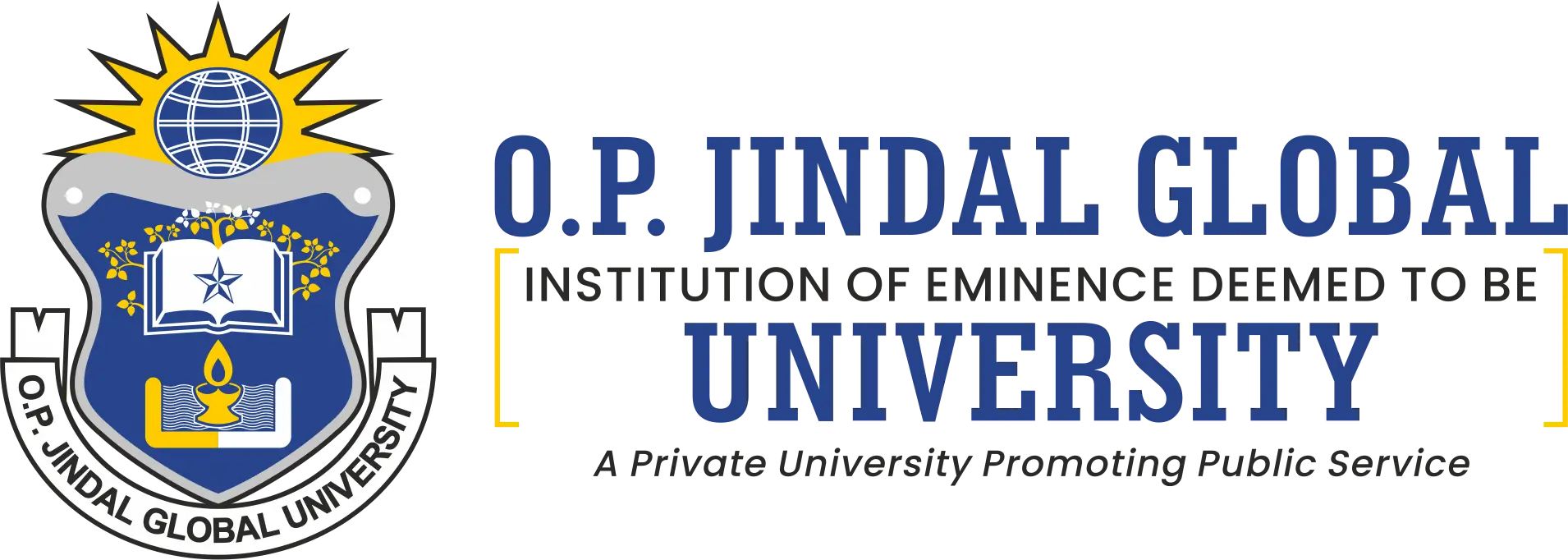Zero Hunger
Policy & Commitment
At O.P. Jindal Global University, food security is woven into the core fabric of our sustainability vision, a commitment that has matured over the years and is now rigorously documented in the Sustainable Development Report (SDR) 2025. The university approaches the challenge of hunger not as an isolated issue, but as an integral part of campus strategy, intertwining with education, health, social welfare, and research. Robust policy frameworks have been put in place, integrating food security goals into every aspect of campus governance, dining operations, and academic planning. This involves a collaborative approach where diverse stakeholders, faculty, students, administrators, dining staff, and sustainability experts are encouraged to jointly design practical solutions and benchmarks for progress. The result is a living campus ecosystem: one that actively prioritizes affordable, safe, and nutritious food for all, while setting new standards for transparency, impact measurement, and continual improvement. By aligning food security goals with broader sustainability policies, JGU’s leadership has ensured that hunger prevention receives continual attention, resource allocation, and periodic review, positioning the university as a frontrunner in responsible institutional stewardship.
Community Engagement
JGU’s commitment to Zero Hunger extends far beyond the boundaries of campus; it is fundamentally a community-driven mission. Recognizing that food insecurity is intimately linked with local economic, environmental, and social factors, the university builds strong partnerships with neighboring villages, regional farmers, women’s self-help groups, and grassroots organizations. These collaborations manifest in a range of impactful initiatives from procurement policies favoring local producers, to regular participatory workshops and Village Conclaves where practical solutions to hunger, market access, debt cycles, and agricultural innovation are co-created. JGU acts as an enabler, empowering farmer self-help groups and facilitating knowledge exchange and capacity-building programs that support not just food availability, but true food justice. Students and faculty in fieldwork play a critical role, yielding valuable data and stories that inform campus policy and contribute to enduring improvements in local food systems. By designing its engagement strategies to be inclusive and evidence-driven, JGU ensures that the ripple effects of campus innovation and research are felt in real communities, promoting resilience, economic stability, and equitable nourishment for all.
New Initiatives
In keeping with the university’s vision for holistic food security, JGU is in the advanced stages of developing a comprehensive food bank program designed to address emergent and ongoing nutritional needs among students, staff, and other campus residents. This food bank initiative, built on principles of confidentiality, dignity, and accessibility, aims to create a haven for anyone facing food insecurity whether due to financial hardship, personal crisis, or unforeseen circumstances. It leverages data collected from food waste measurement and local procurement systems to reroute surplus edible food and fresh produce into the hands of those most in need. The food bank is being designed as more than just a relief service: it will be a visible embodiment of JGU’s core values, operating without stigma and offering nutritional support tailored to individual needs, including healthy, culturally appropriate, and allergy-sensitive choices. Plans also include educational components, where students can volunteer, conduct research on food system efficiency, and develop leadership and service skills, turning the food bank into a living laboratory for social responsibility and community resilience. When launched, this initiative will stand as one of the most significant outreach programs in the university’s history, symbolizing JGU’s promise that “No One Goes Hungry at JGU.”





